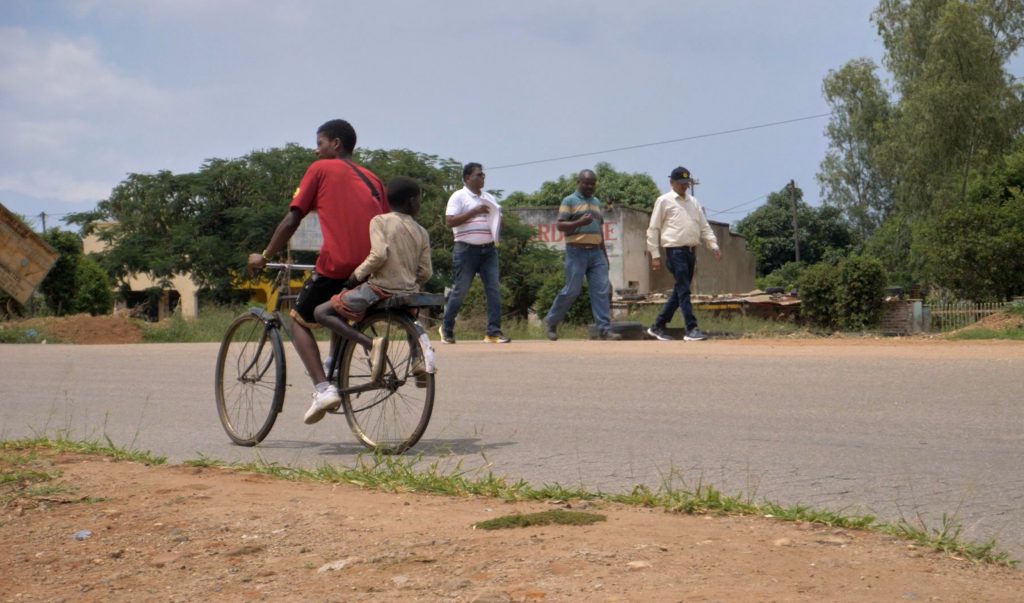Employment opportunities for local people Road construction activities are a source of employment both for the local community and the specialised service sectors. The project will employ over 700 people for Nsipe – Mangochi Turn Off Section and 1,300 people for the Mangochi Turn Off – Mangochi Section; a good number of which will come from the local communities along the road project corridor especially unskilled labour.
The employment will in turn stimulate the informal and formal sectors of the community’s economy. Considering that there are many women in the project impact who are capable of doing some casual jobs just as men, where possible, the contractor will maximise employment of local people both men and women particularly for the unskilled labour force. In addition, the developer will make a deliberate effort to employ at least 30% women.
Communities in Balaka and Ntcheu are likely to experience economic empowerment as the rehabilitation of the 55 km stretch of road between Nsipe — Chingeni- Liwonde commences. The road project is expected to create job opportunities for both women and men during the construction phase, as well as provide ongoing employment for road maintenance after completion.
Project Coordinator, Patrick Kamanga, highlighted that the project offers a range of job opportunities beyond construction, thus benefiting many individuals in the area.
“Besides the actual rehabilitation, the project plans to plant trees along the road to prevent gully erosion; protect the road and mitigate climate change effects-these activities will also create additional employment prospects for local communities,” Kamanga said.
Furthermore, the influx of construction workers in the region will indirectly support local entrepreneurial activities. Community members will have opportunities to sell groceries, second-hand clothes, and even rent out housing to workers, thus boosting household incomes.
Once completed, the improved road will enhance economic activities in agriculture, tourism, and small-scale trading by increasing mobility and accessibility.
The total cost of the project is estimated at UA 45.289 million, with funding contributions from the African Development Bank (AfDB) at UA 26.6 million (59%), the European Union (EU) at UA 15.121 million (33%), and the Government of Malawi (GoM) at UA 3.568 million (8%).

